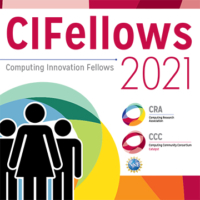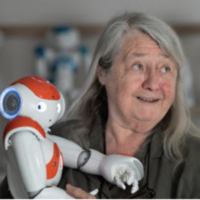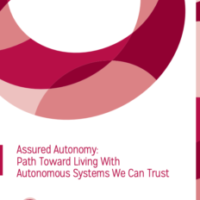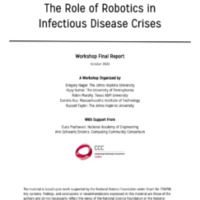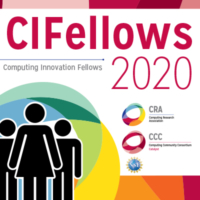
Melanie Mitchell on the Importance of Training AI to Recognize Analogies
Melanie Mitchell, CCC Council member and Professor at the Santa Fe Institute, was recently featured in a Scientific American article, ‘The Computer Scientist Training AI to Think with Analogies’. The article focused on explaining the importance of getting Artificial Intelligence (AI) to recognize and use analogies and included an interview on the topic from Quanta.


